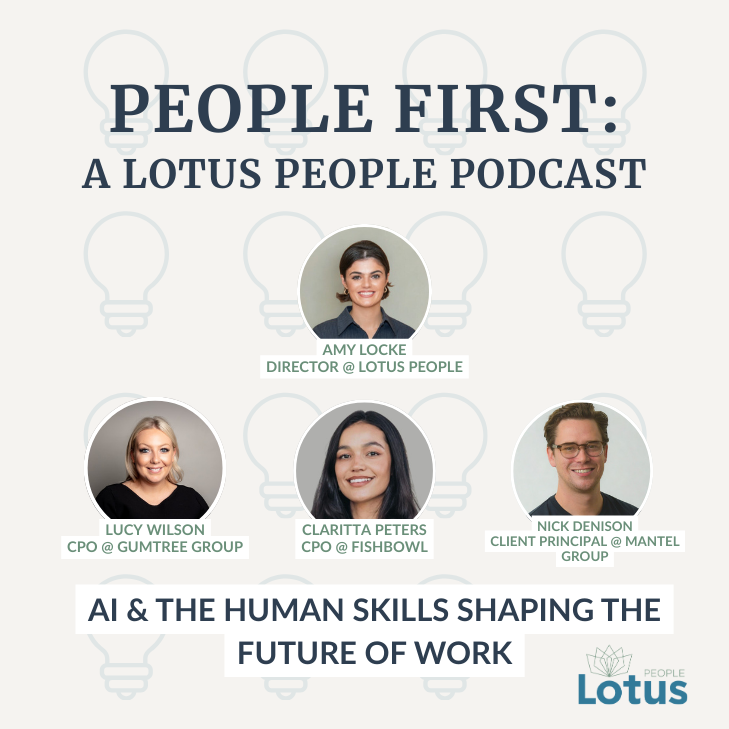According a study in The American Journal of Psychiatry, Extroverts show increased blood flow in areas that respond to external stimuli which helps them excel in social situations. Introverts, on the other hand, have increased blood flow in the front lobes and anterior thalamus of the brain, which means they are better at thinking activities.
I have only recently discovered that introversion vs extroversion is actually determined by where one gets their energy from. Since this revelation, and in the knowledge that I am a rare breed in Recruitment, I have read a lot about introverts succeeding in what can be an extroverted world. Susan Cain’s ‘Quiet’ is an absolute must read for introverts or relatives, friends or colleagues of introverts.
I have found this understanding really useful in all my interactions, both personally and professionally. I believe that the more we understand each others’ behaviours, the easier it can be to communicate, work together and build relationships. I’ve discovered that most of the generalisations about each personality type are untrue. Introverts are not necessarily shy, extroverts are not necessarily bad listeners. Introverts can absolutely have a thriving social group and extroverts enjoy, and need, time alone.
These generalisations and misconceptions are rife and so, through my research I’ve come up with some tips to assist the more introverted, together with some insights for the extroverted folks to help with every day interactions, in business and in life;
1. An introvert’s sense of personal belief is vital to their success in business. They need to fully believe in what they’re working for or selling. If you are dealing with an introvert, it is highly likely that they strongly believe in what they are doing or portraying to you. If you are working with an introverted sales person, you can pretty much be guaranteed that they believe in what they’re selling!
2. Introverts may find small talk difficult (although cultural and societal conditioning can affect this one) – unlike extroverts, who seem to do it with ease. However, when introverts start speaking about something they are passionate about, you may find it hard to shut them up!
3. Introverts have a tendency to research and gather data, unlike extroverts, who dive right in. It is important for both personality types to be aware of this, so they can focus on strengthening their weaker area. This is where an introvert and extrovert could complement each other nicely in a team: One can find out the background info and thoroughly research while the other jumps to action once the data is ready to go!
4. Introverts think before they speak; they process information and think about what they will say next, unlike their extroverted counterparts who are quite comfortable and capable of thinking out loud. Introverts may prefer to write a thought out in an email than to have an in depth conversation.
5. Favouring harmony over conflict, introverts will do what they can to avoid conflict and keep the peace. Being aware of this can encourage extroverts to take a step back and perhaps understand how the introvert is feeling in these situations.
6. Online networking comes a lot more easily to introverts then actual networking, which is more likely to be an extrovert’s preference.
Of course, everyone is different, and other factors such as conditioning, society and culture can massively impact on a person’s preferences and abilities but, generally speaking, this is information which I think can increase understanding of others’ behaviours. Luckily,I am the Introverted Yin to Laura Kristian’s Extroverted Yang, so we complement each other nicely!
If you are looking to hire support staff or seeking a temp or perm business support role within the Sydney market, please contact Sinead Connolly or Laura Kristian, Directors of Lotus People, at info@lotuspeople.com.au
You may also like...





